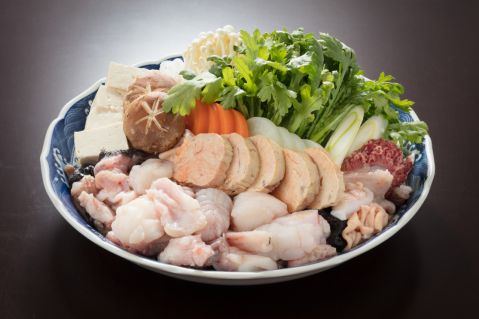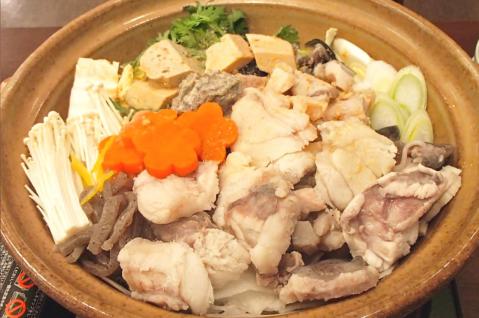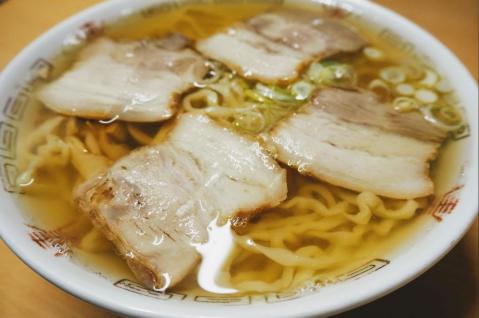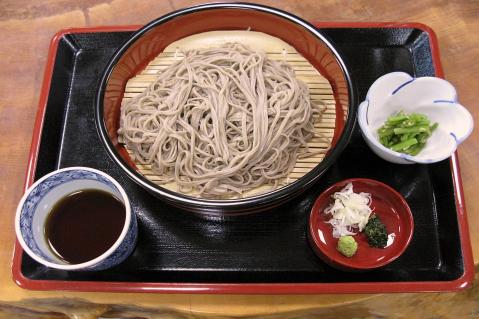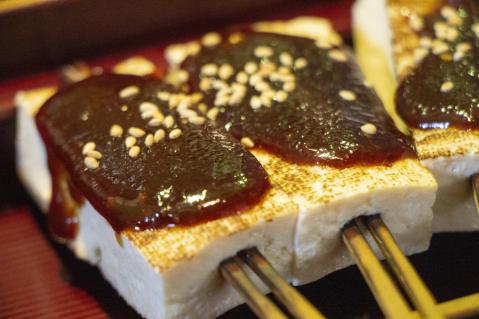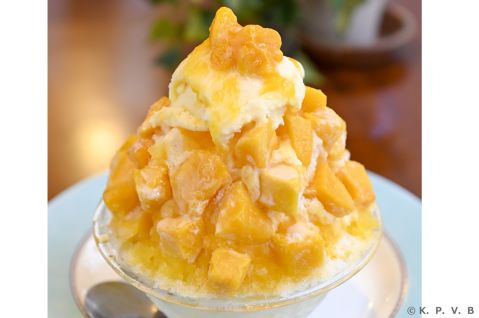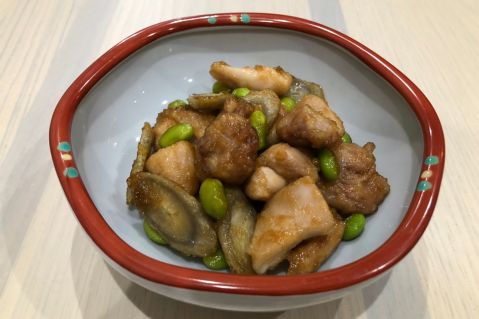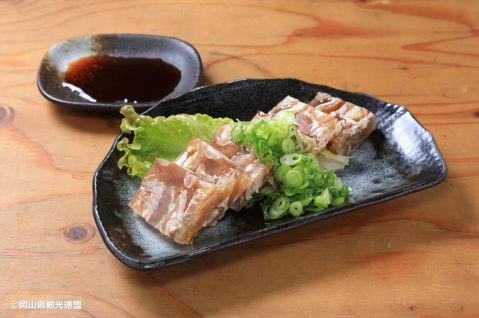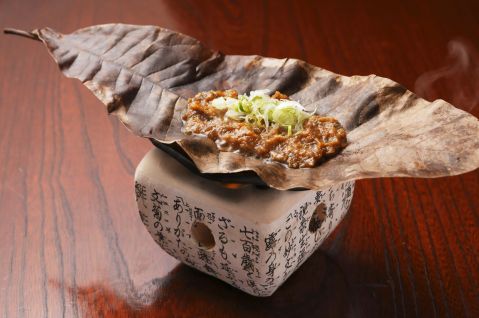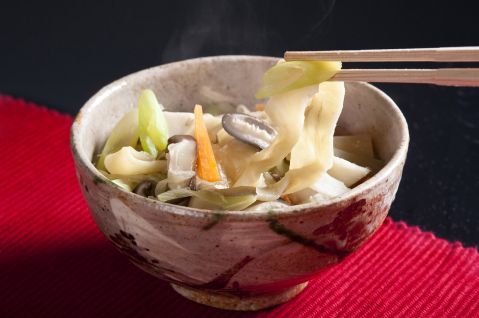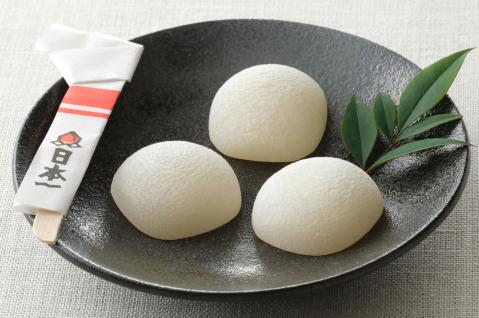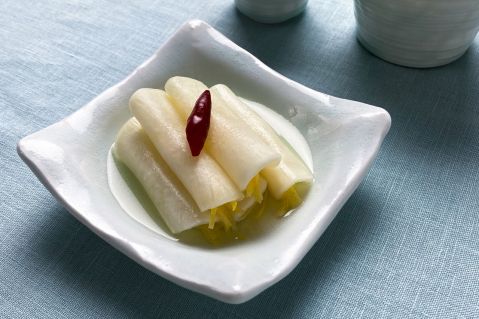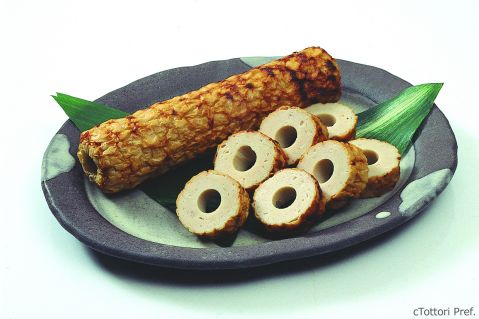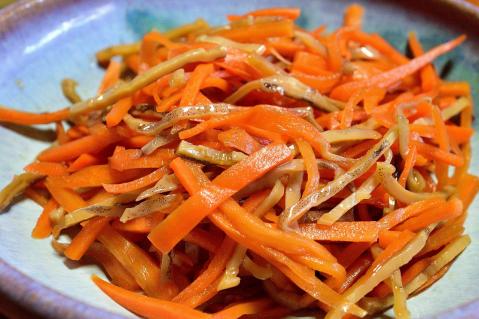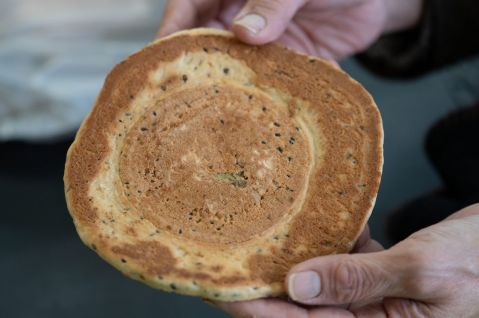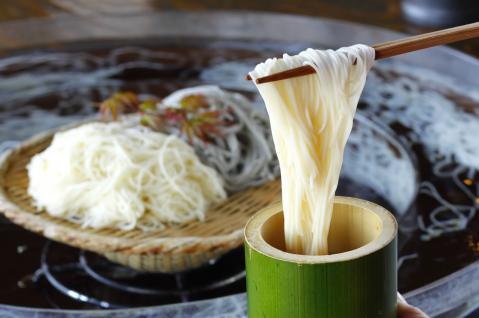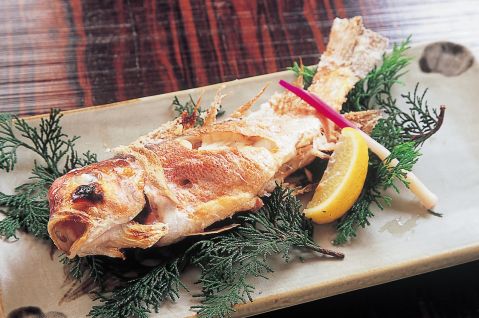Awamanju
A traditional sweet from Yanai-machi, Fukushima, bringing wishes to avoid misfortunes
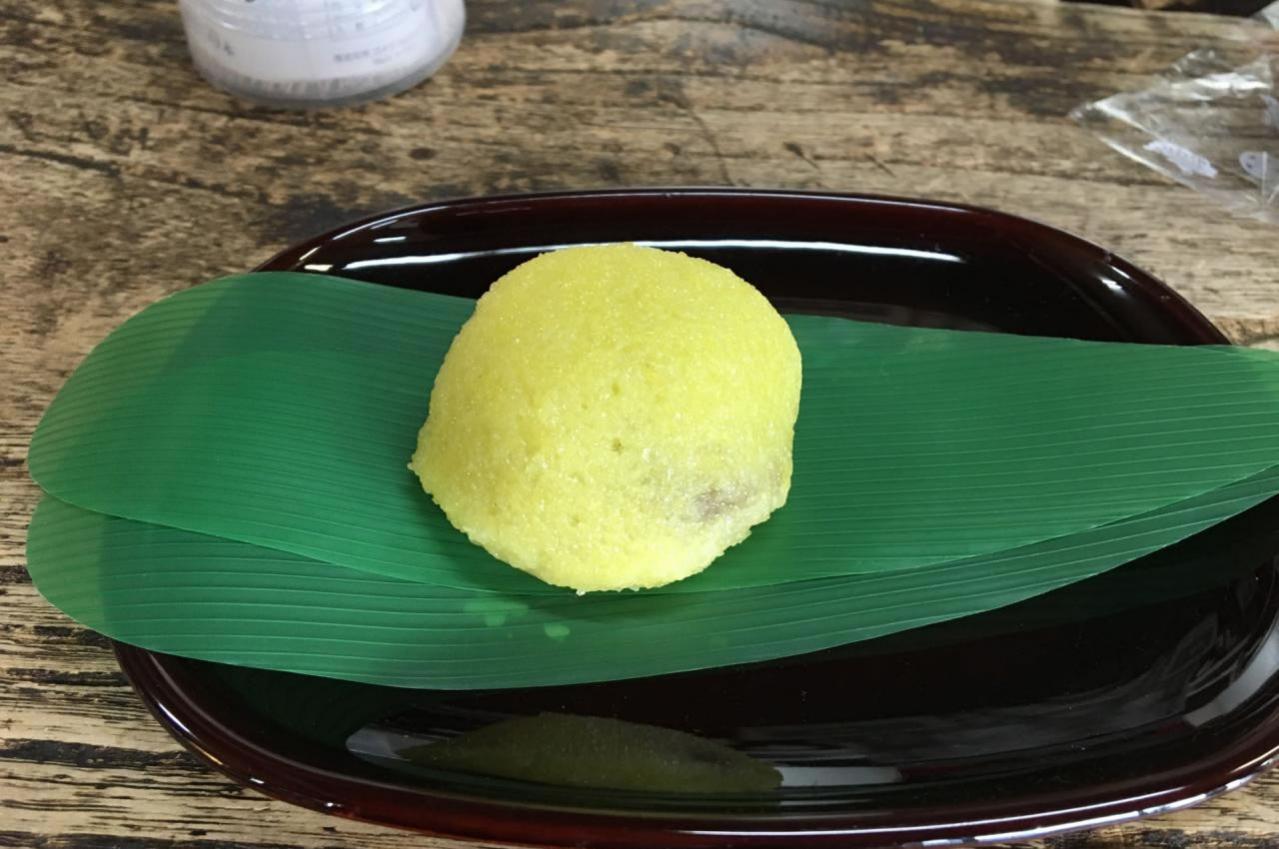
เกี่ยวกับ Awamanju
Awamanju (あわまんじゅう, Awamanju) is a traditional Japanese confectionery cherished in Yanai-machi, located in the Aizu region of Fukushima Prefecture. It features a vibrant yellow color and a unique texture that has captivated locals for over two centuries.
The origins of Awamanju date back to 1818, when the Fukuman Kokuzo Temple was ravaged by a great fire. In hopes of warding off future misfortunes, the temple's monk, Katsuigan Oshō, created these sweets as protective charms imbued with the wish to "never face troubles (‘awa’, which also sounds like ‘bubble’ in Japanese)."
The treat is crafted by mixing glutinous rice with millet (awa) to form a soft, chewy dough that is then wrapped around smooth sweet bean paste and gently steamed to perfection. The combination of the sticky rice's chewiness, millet's delightful popping texture, and the subtle sweetness of the filling offers an irresistible harmony of flavors and mouthfeel.
Millet is rich in dietary fiber and iron, making Awamanju a nutrition-friendly choice that appeals to health-conscious individuals. Its bright yellow hue, derived from natural gardenia coloring, adds to its visual charm and appeal.
In Yanai-machi, renowned confectioneries such as Hasekawaya, Koike Kashihō, Iwaiya, and Inabaya each craft their own unique interpretations of Awamanju. Visitors can explore the subtle differences in taste among these shops. Freshly steamed Awamanju is especially delicious, so be sure to try one straight out of the steamer during your visit.
As a delightful souvenir, Awamanju offers a taste of Fukushima's tradition and culture. When visiting Yanai-machi, immerse yourself in the rich local history and savor this iconic sweet that stands as a testament to the region's heritage.
วิดีโอที่เกี่ยวข้อง
รีวิว
ยังไม่มีรีวิว
อาหารท้องถิ่นจากภูมิภาค ฟุกุชิมะ
อาหารญี่ปุ่น - อาหารท้องถิ่น/อาหารท้องถิ่น
ค้นหาตามประเภท
Recommended
-
![Kibidango]()
Kibidango
จ. โอกายามะ / >อาหารท้องถิ่น/อาหารท้องถิ่น -
![Yuzu Maki]()
Yuzu Maki
กุมมะ / >อาหารท้องถิ่น/อาหารท้องถิ่น -
![Agotikawa]()
Agotikawa
ทตโตริ / >อาหารท้องถิ่น/อาหารท้องถิ่น -
![イカニンジン (Ika Ninjin)]()
イカニンジン (Ika Ninjin)
ฟุกุชิมะ / >อาหารท้องถิ่น/อาหารท้องถิ่น -
![โออิชิยากิ (Oishiyaki)]()
โออิชิยากิ (Oishiyaki)
จังหวัดมิเอะ / >อาหารท้องถิ่น/อาหารท้องถิ่น -
![Koshi no Ruby]()
Koshi no Ruby
ฟุคุอิ / >อาหารท้องถิ่น/อาหารท้องถิ่น -
![Shimbara Handmade Somen]()
Shimbara Handmade Somen
นางาซากิ / >โซบะ, อุด้ง, บะหม -
![Wakasa Guji (若狭ぐじ)]()
Wakasa Guji (若狭ぐじ)
ฟุคุอิ / >อาหารทะเล/อาหารทะเล

